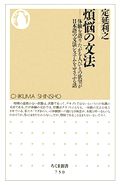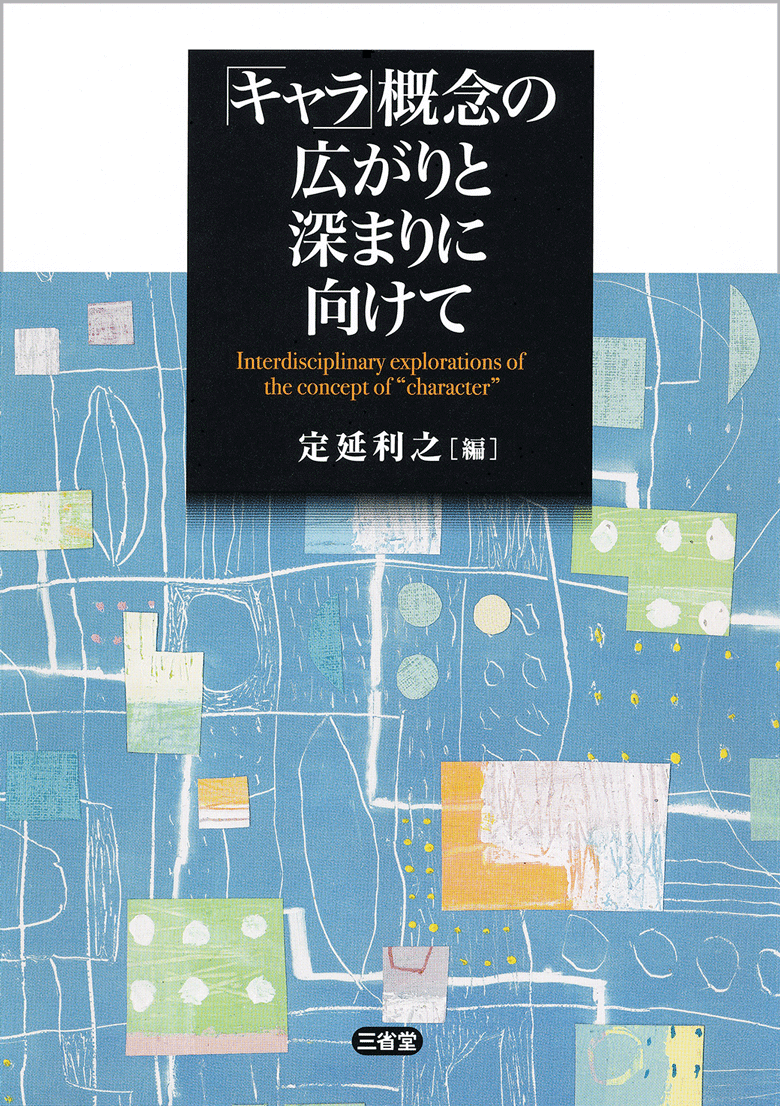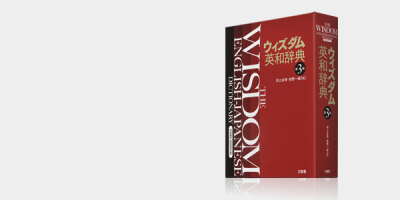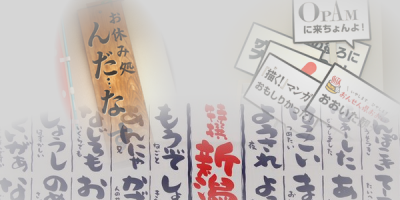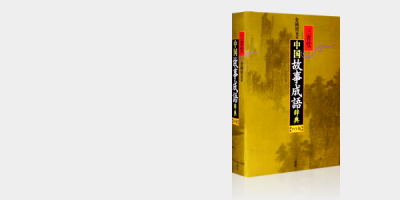
As I said last time, the Japanese-speaking community is largely biased towards certain notions and expectations about gender—namely that “men” have higher status than “women,” while “women” have more “class” than men. However, this is not limited to the Japanese-speaking community. It can be seen, in varying extent and mode, in other languages as well. This is something of which we can gain a satisfactory understanding by first looking at collective designations for people in a number of languages, not just Japanese.
If, we add even just one golfer with a handicap of one to a group of the world’s top golfers, this can no longer be called “a group of the world’s top golfers”—it is merely “a group of good golfers.” Conversely, if we add one top golfer to a group of good golfers, this group remains just “a group of good golfers.” Here, the party that subsumes the others to “take the top place” in the group designation is the party that is lacking in something (golf skills, in this case). Let’s consider what happens if the “thing that is lacking” is class.
It’s a well-known fact that in English the collective designation for “man” and “woman” together is “man” (in the sense of “mankind”). In other words, “man” takes the “top place.” In both French and Japanese, men also take top place in the pronoun “they.” In French, one uses the pronoun “ils” (they [male]) for a group of three men, while “elles” (they [female]) would be used for a group of three women. However, if even just one man is present in a group of women, one uses “ils.” In Japanese, one never calls a group of men “kanojora” (they [female])—except when referring to a group of okama. However, one does sometimes use “karera” (they [male]) for a group of women, as in “Karera wa juudai de shussan shita” (they [male] had kids in their teens).
Of course, as you already know, the ceding of top place to men is considered to be a problem. It is seen as inexcusably sexist. And I have no objection to interpreting it as sexist. It is certainly offensive that men are placed on top, and even the English word “woman” contains the word “man,” which seems a bit sexist.
However, I would moreover argue that this state of affairs is sexist toward men. Are they really being placed at the top because they have higher status?
A French proverb says: “Adding a drop of filthy water to a cask of wine makes it a cask of filthy water. But adding a drop of wine to a cask of filthy water doesn’t make it wine.”


